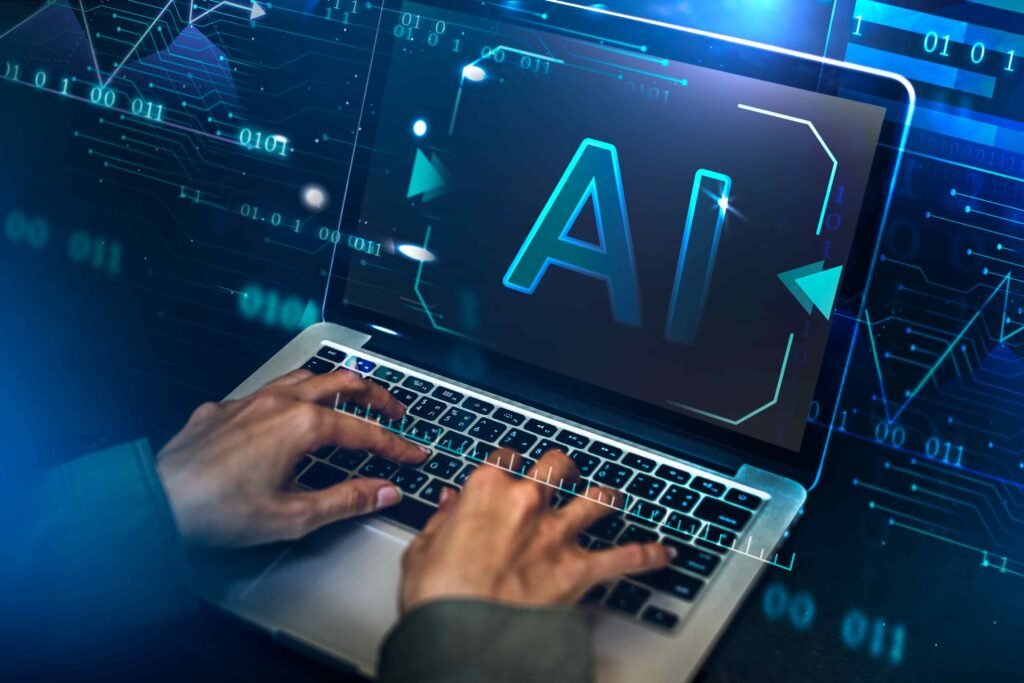As we step deeper into the 21st century, one fact is undeniable—Artificial Intelligence (AI) and computer literacy are no longer optional. They are core skills required for navigating education, employment, and everyday life. But how can we ensure these skills reach every student, regardless of their background?
The Role of Digital Infrastructure in Education
Modern education is evolving rapidly with digital tools, online learning platforms, and interactive classrooms becoming the new norm. Foundations like Navneet and Huminit Healthcare are actively working to close the digital divide. Their efforts include:
Providing digital education platforms to underprivileged schools, training educators, developing education spaces, and offering skill development programs.
These initiatives ensure that students in remote or rural areas can access the same quality of learning as their urban counterparts. Through digital classrooms, learning kits, and career guidance, students are equipped to think critically and apply AI and computer skills in real life.
Accessible Campuses for All
Creating a tech-enabled future doesn’t end at delivering devices or apps—it requires accessible campuses, inclusive of all students, including those with limited exposure or different learning needs. Institutions are now adopting:
All digital technologies and modern facilities are used to make campuses accessible for all students.
This means better internet infrastructure, computer labs, smart classrooms, and support systems like workshops and mentoring. By removing physical, financial, and social barriers, education becomes truly inclusive.
AI and Computer Literacy: Core to the Future
AI is transforming every sector—from health and agriculture to finance and media. Students with foundational knowledge in AI and digital tools will find themselves more adaptable, employable, and innovative. Computer skills, including communication software, spreadsheets, coding, and cybersecurity awareness, are now essential even for non-technical fields.
Conclusion
To build a future-ready generation, we must integrate AI and computer literacy into mainstream education, especially in underserved areas. With the right digital infrastructure and inclusive learning environments, every student can thrive, regardless of their background.



